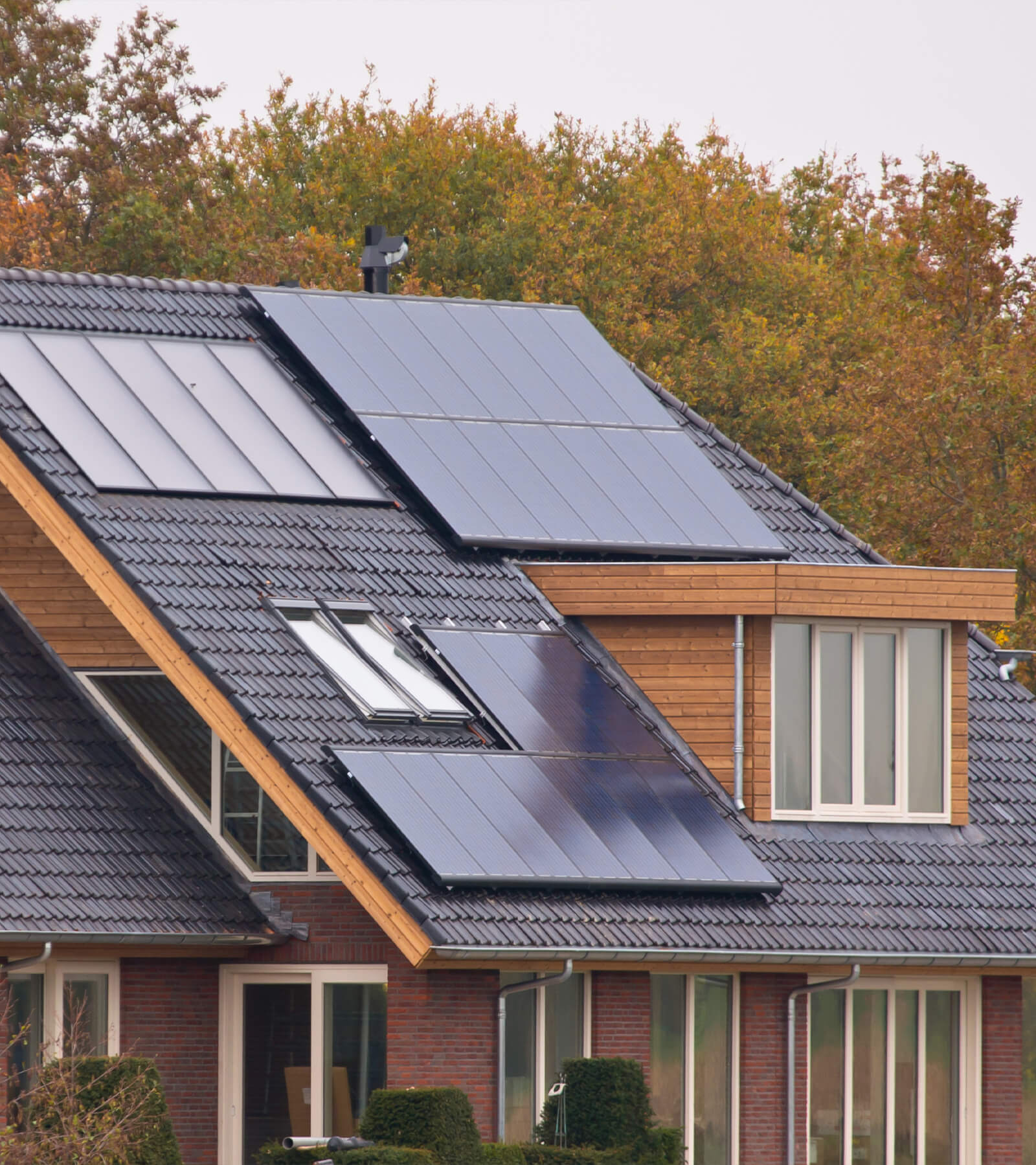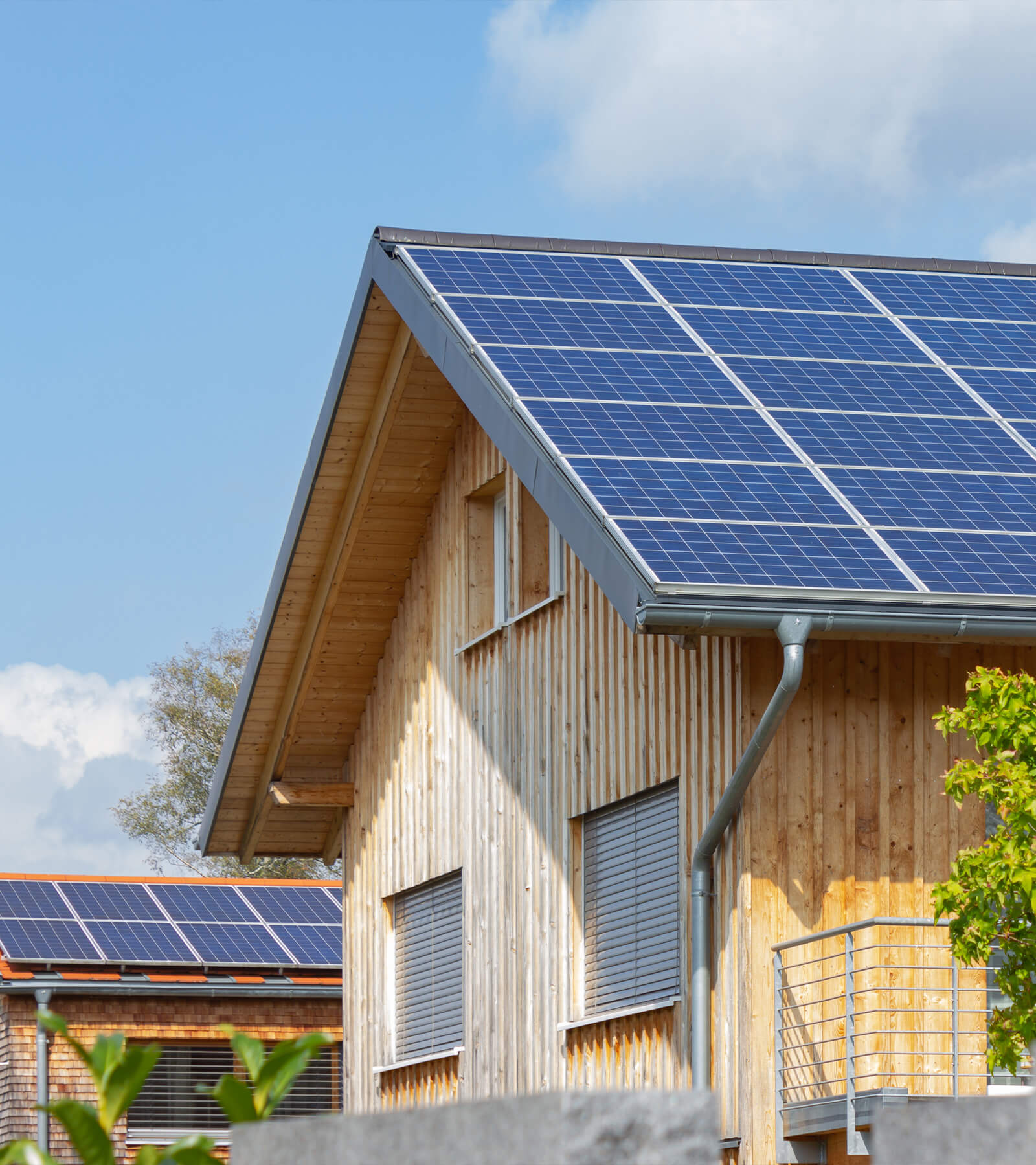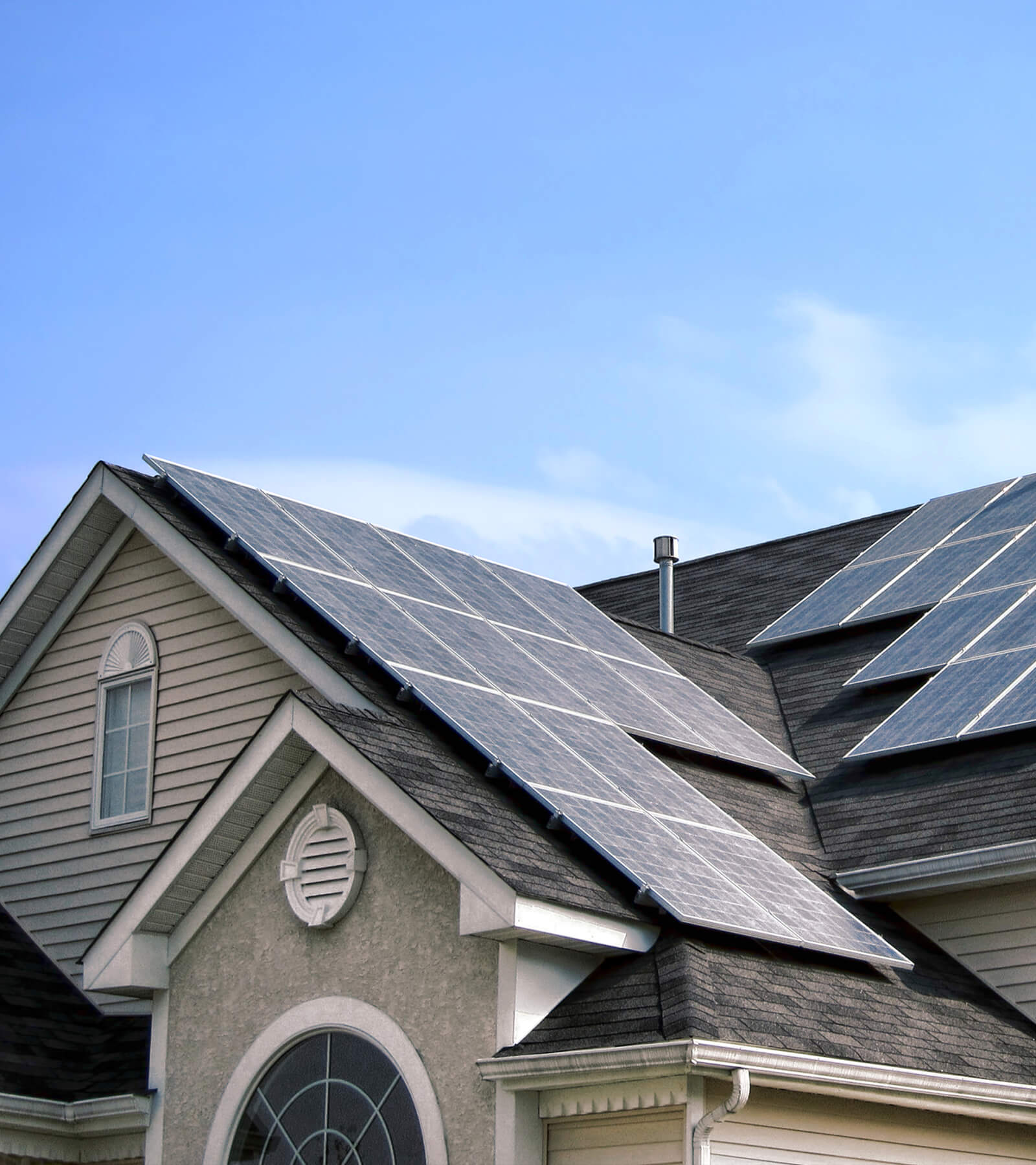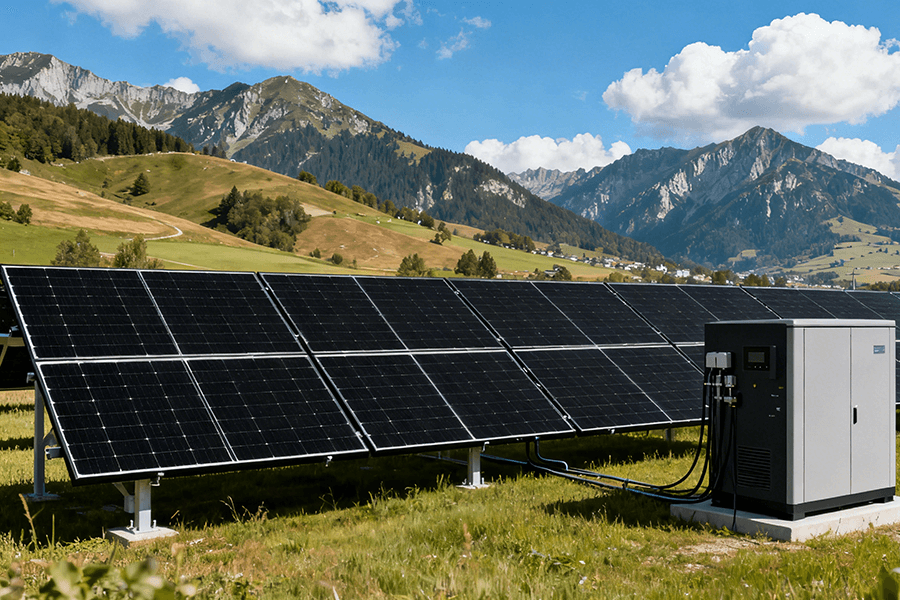Choosing between an off grid and on grid solar system can seem overwhelming at first. As a one-stop solar solution provider, Maxbo specializes in guiding customers through this decision-making process. By asking the right questions and providing detailed examples and calculations, we can help you determine the system that best fits your needs, budget, and location.
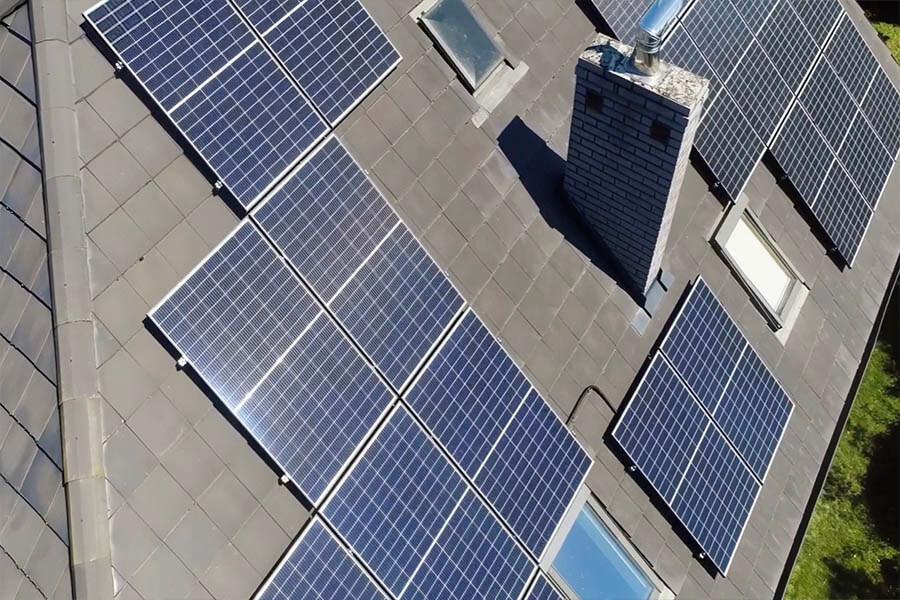
Step 1: Assess Your Location
Who Should Choose Off-Grid?
If you live in rural areas with limited or no grid access, or if extending the grid to your location is prohibitively expensive, an off-grid system is ideal. For example, remote regions in Spain or Norway often benefit from off-grid systems that provide complete energy independence.
Who Should Choose On-Grid?
If you reside in urban or suburban areas with stable and reliable grid infrastructure, an on-grid system is more suitable. It allows you to save on electricity bills through net metering, especially in countries like Germany or the Netherlands with robust grid networks.
Analysis
- Urban Areas: In cities or towns with reliable grid infrastructure, on-grid solar systems dominate due to their cost-efficiency and simplicity. (IRENA)
- Rural Areas: Off-grid systems eliminate the need for costly grid extensions, which can save up to €15,000 per kilometer in some parts of Europe.
- Weather Patterns: Regions like Norway with limited sunlight benefit from hybrid off-grid systems that combine solar, wind, and batteries, ensuring uninterrupted power.
Step 2: Evaluate Your Energy Needs
Who Should Choose Off-Grid?
If your energy consumption is consistent and you require independence from the grid, an off-grid system is the best choice. This applies to farms, workshops, or rural households with predictable energy needs.
Who Should Choose On-Grid?
If your energy usage varies or aligns closely with daytime solar production, on-grid systems are a better option. Businesses with high daytime energy demands or residential properties can optimize cost savings.
Analysis
- Energy Consumption:
- Example: A household with daily energy usage of 20 kWh would need:
- Off-grid: A 7 kW solar array with 20 kWh battery storage for autonomy.
- On-grid: A 5 kW array to utilize solar during the day and the grid as backup.
- Example: A household with daily energy usage of 20 kWh would need:
- Backup Requirements:
- Off-grid systems rely on batteries and sometimes diesel generators.
- On-grid systems use the grid as backup but can include batteries for outage protection.
Step 3: Consider Your Budget
Who Should Choose Off-Grid?
If you are willing to invest more upfront for long-term independence from the grid, choose an off-grid system. For instance, remote properties without grid access justify the higher initial cost with energy independence.
Who Should Choose On-Grid?
If you prefer a lower upfront cost and consistent savings through net metering, an on-grid system is the better option. Urban homeowners and businesses often find this route more practical.
Analysis
- Initial Investment:
- Off-Grid: €25,000 for a 5 kW system, including batteries and inverter.
- On-Grid: €15,000 for a 5 kW system without batteries.
- Long-Term Savings:
- Off-Grid: Eliminates electricity bills but requires battery replacements.
- On-Grid: Savings through net metering, with faster ROI (10 years vs. 16 years).
Step 4: Maintenance and Longevity
Who Should Choose Off-Grid?
If you are comfortable with regular maintenance of batteries and generators, off-grid systems are a good fit. These systems are ideal for users in remote areas who prioritize independence over convenience.
Who Should Choose On-Grid?
If you prefer minimal maintenance, an on-grid system is the way to go. These systems are suitable for urban users who want a hassle-free solar solution.
Analysis
- Off-grid systems require frequent battery checks and generator servicing.
- On-grid systems involve minimal maintenance, primarily cleaning panels and checking the inverter.
Step 5: Assess Environmental Impact
Who Should Choose Off-Grid?
If you want to reduce reliance on fossil fuels in remote areas, off-grid systems are ideal. These systems are particularly suitable for eco-conscious users in isolated locations.
Who Should Choose On-Grid?
If your goal is to contribute to grid decarbonization while reducing your energy bills, an on-grid system is better. This is especially true in countries like Germany, where excess energy can be fed back into the grid.
Analysis
- Carbon Footprint:
- Off-Grid: A 10 kW system reduces CO2 emissions by 4.5 tons annually compared to diesel generators.
- On-Grid: Feeding excess energy into the grid supports broader sustainability goals.
Real-World Examples
- Off-Grid Case Study:
- Location: Rural Spain
- System: 10 kW solar array, 15 kWh battery storage
- Results: Achieved complete energy independence, saving €3,000/year on fuel costs.
- On-Grid Case Study:
- Location: Berlin, Germany
- System: 30 kW solar array with net metering
- Results: Reduced electricity bills by 70%, achieving ROI within 6 years.
How Maxbo Simplifies Your Choice
At Maxbo, we guide you through every step, from assessing energy needs to designing and installing the perfect system. Our tailored solutions, whether off-grid or on-grid, ensure optimal performance and long-term savings. Visit Maxbo Solar to explore how we can power your home or business.
Conclusion
Choosing between an off-grid and on-grid solar system depends on your location, energy needs, and financial goals. With detailed evaluations, real-world examples, and Maxbo’s expertise, you can make an informed decision that aligns with your priorities. Let us help you transition to clean energy with confidence.
Website: www.maxbo-solar.com
Email: [email protected]
Solar System Price for Home Solar System Price for Home Solar System Price for Home Solar System Price for Home Solar System Price for Home Solar System Price for Home Solar System Price for Home Solar System Price for Home Solar System Price for Hom
Solar System Price for Home Solar System Price for Home Solar System Price for Home Solar System Price for Home Solar System Price for Home Solar System Price for Home Solar System Price for Home Solar System Price for Home

